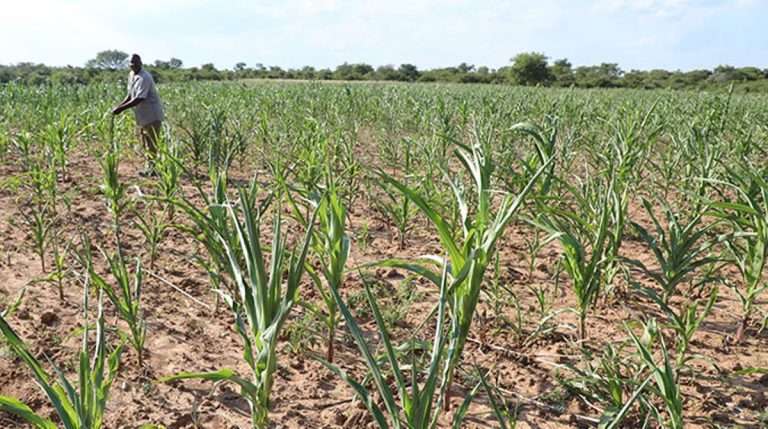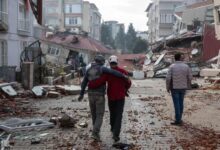
Zim Gets $32 Million to Fight Hunger But Challenges Remain
Zimbabwe recently received a whopping $32 million in drought relief aid to tackle the severe food crisis affecting the country. While this is a significant amount, there are still concerns that it might not be enough to meet the needs of at least 70% of the nation’s 60 districts. These districts are expected to face cereal shortages by the end of the month.
The funding includes a cool $31.8 million from the African Risk Capacity (ARC) for the 2023/24 Drought Insurance Payout. The government got $16.8 million of that, while the rest went to ARC partners—the World Food Programme (WFP) and Start Network—receiving $6.1 million and $8.9 million, respectively. These funds are meant to help out 29 districts across Zimbabwe.
Out of the 60 rural districts, a whopping 42 have only three months’ worth of cereal to go around. That's right, they're running low on breakfast goodness. This whole crisis is because of an El-Niño-induced drought, which has left over half of Zimbabwe’s population in desperate need of food assistance.
The government have revised their appeal for food relief funding from $2 billion to a whopping $3 billion. They've even declared the drought a national disaster and rallied resources from aid agencies and partners.
Zim Gets $32 Million to Fight Hunger But Challenges Remain
There are still gaps in addressing the food crisis. It's like trying to fill a leaky bucket with spaghetti.
Nearly eight million people—more than half of Zimbabwe’s population—need food assistance. UNICEF's stats are flashing red lights, showing that thousands of kids are suffering from wasting. No, not wasting time—they're dealing with severe malnutrition and physical decline. Not cool, Mother Nature!
Looking ahead, things aren't looking peachy. Many households have already gobbled up their own food supplies after a lousy harvest. Blame it on limited water and reduced production of staple crops like maize and tobacco. It's like a bad recipe for disaster stew.
ED Declares State of Disaster | Pleads with Donors
The international response includes initiatives like the ARC, which throws critical disaster risk financing at countries like Zimbabwe. Still, we need everyone to join forces—like the Avengers, but with less spandex—to boost food security and fight off climate-related disasters.


























